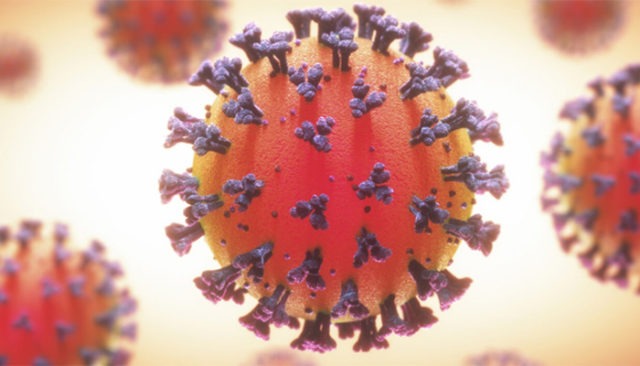
What started with 27 cases of pneumonia in the city of Wuhan, China has turned into a Global Pandemic, with millions of people infected and hundreds of thousand fatalities.
But, what exactly is Coronavirus?
The name for which we know it, in fact, refers to an extensive family of virus varieties of which the common cold also belongs. The specific name of this new Coronavirus is 2019-nCoV, an is a pathogen that can be transmitted from animals to humans.
In fact, the initial focus on its origin seems to be on a wildlife species food market in Wuhan where the initial were people infected worked.
The following are the most common described symptoms such as cough, fever and shortness of breath. In severe cases it can cause pneumonia, with significant difficulty in breathing, kidney failure and even death in very critical cases.
How is the coronavirus transmitted?
By respiratory secretions caused by a cough or sneeze from an affected person entering the organism of a healthy person through the nose, eyes, or mouth. For the coronavirus to be transmitted, it requires a distance of fewer than two meters between the infected person and a healthy one.
Can children catch Coronavirus?
Yes, but this does not mean that every infected child develops serious respiratory problems, but if they have some preexisting health condition the risk of serious illness increases dramatically.
Should pregnant women be on a high state of alert with regards to the Coronavirus?
Throughout pregnancy the immune system tends to weaken, thus increasing the chances of infections. Comparing it with other ailments like chickenpox or the common flu, it would almost certainly require hospitalization for a more careful control both of the mother and the fetus.
Are there treatment against the Coronavirus?
There are treatments to alleviate the symptoms, which frequently improves the evolution of those affected. But being a Virus there is still no known cure, pending the organism creates the antibodies to ward it off.
What precautions can be taken to avoid being infected by the novel Coronavirus?
Health agencies establish individual protection measures common to other respiratory diseases. These include, washing your hands with soap and water or alcoholic solutions constantly, especially after having direct contact with other people outside your home.
Avoid close direct contact with people who show signs of respiratory affection, such as cough or sneezing.
Cover your mouth and nose with a tissue or cloth when you cough or sneeze.
Maintain social distance and try to not leave your home unless for essential activities like buying food or medicine.
Keep well informed on the evolution and progress of the disease by reliable sources like the World Health Organization or the Health Ministry.

